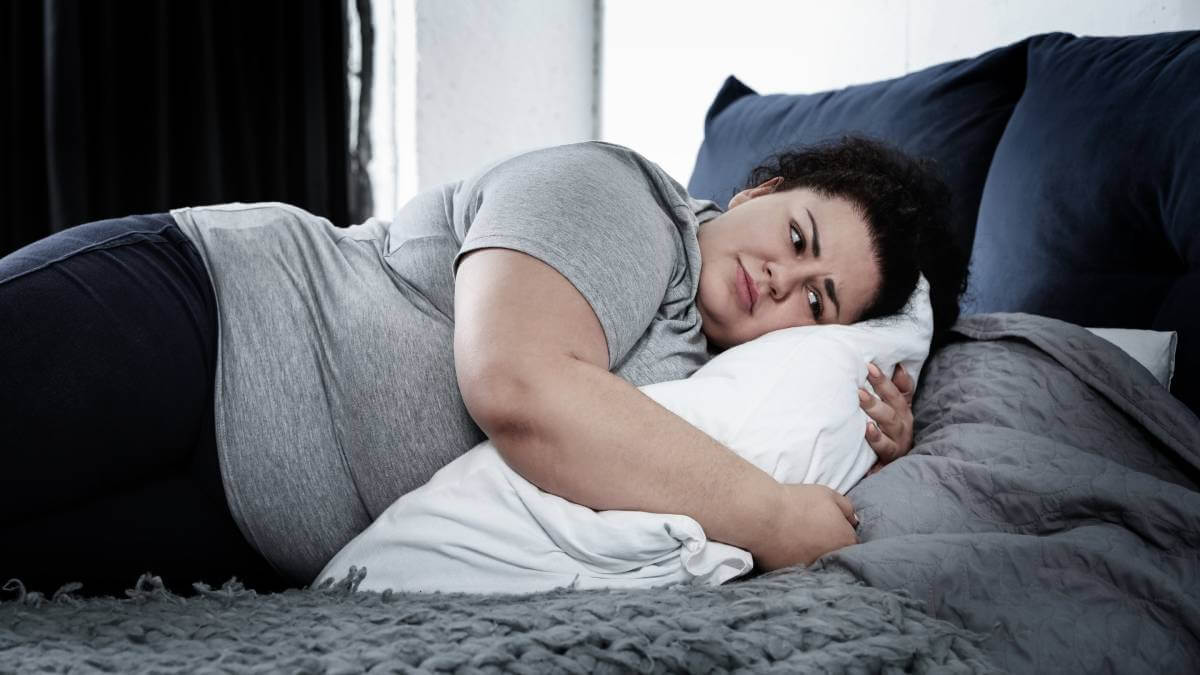Would you describe yourself as a night owl? You may be putting yourself at increased risk of developing a life-changing and potentially deadly condition.
Regularly staying up until the wee hours of the morning may be putting you at increased risk of type 2 diabetes, new research shows.
An estimated 1.2 million Australians – or 5.3 per cent of all adults – are living with the type 2 diabetes and the condition contributes to around 11 per cent of all deaths each year.
In a paper published in the journal Experimental Physiology, researchers from Rutgers University in the US demonstrated that your sleep cycles can cause metabolic differences and change your body’s preference for different energy sources.
Read: Things you’re doing that may make you ill
Diabetes risk
The researchers found that those who stay up later have a reduced ability to use fat for energy, meaning fats begin to build up in the body.
This increases your risk level for type 2 diabetes and cardiovascular disease.
The metabolic differences are related to how well each group uses insulin to promote glucose (sugar) uptake in the cells for storage and energy use.
The researchers split 51 adult participants into two groups based on whether they were ‘night owls’ or ‘early birds’; in other words, whether they stayed up late or went to bed early. This is also known as your ‘chronotype’.
Study participants were put on a strict calorie-controlled diet for one week and had their daily activity patterns assessed using the same workout routine.
Read: Pain-free treatment for kidney stones developed
The participants were first tested while at rest before completing two 15-minute bursts of exercise, one of moderate intensity and one high-intensity session on a treadmill.
Fitness test
Then they had their aerobic fitness levels tested through an incline challenge where the incline on the treadmill was raised 2.5 per cent every two minutes until the participant signalled that they were unable to continue.
Professor Steven Malin, lead author of the study, told Science Daily the breakthrough could improve early warning systems for type 2 diabetes.
“A sensitive or impaired ability to respond to the insulin hormone has major implications for our health,” he said.
“Because chronotype appears to impact our metabolism and hormone action, we suggest that chronotype could be used as a factor to predict an individual’s disease risk.”
Read: Millions at risk of heart attack due to high cholesterol
However, he also conceded that the differences between the two groups may also be influenced by lifestyle differences. That is, early birds are more likely to exercise regularly whereas night owls have a tendency to exercise less.
“We also found that early birds are more physically active and have higher fitness levels than night owls who are more sedentary throughout the day.
“Further research is needed to examine the link between chronotype, exercise and metabolic adaptation to identify whether exercising earlier in the day has greater health benefits.”
Are you a night owl? Do you get enough exercise? Let us know in the comments section below.

